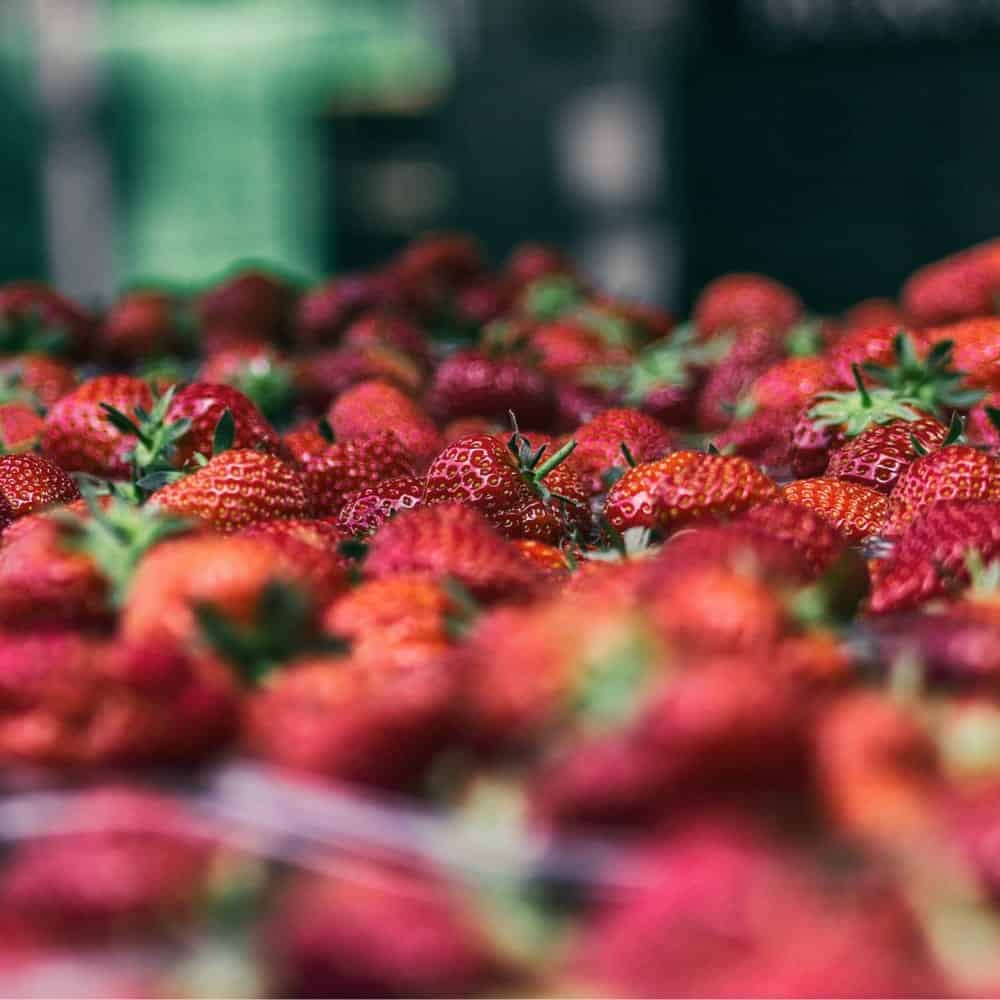To claim the deduction, the receiving organization will need to provide you a written statement confirming the donated food will be used exclusively for the care of the ill, the needy, or infants. This statement will need to be in hand by the tax return filing date.
Additionally, the following information should be maintained for each donation:
- Description of the food
- Name and address of organization receiving the donation
- Date of donation
- Fair market value of the food on the date of the donation, and
- How the fair market value was determined (comparable sales, etc.)
For example, say Aldrich Farms is a cash basis farm growing vegetables. As harvest comes to a close, Aldrich Farms has an abundance of carrots. The carrots have a fair market value of $100,000 and no tax basis because all costs to grow the carrots have been expensed along the way. The bumper carrot crop has buyers at capacity, and Aldrich Farms is short on storage so instead of paying to store, sell, transport or dispose of the excess carrots, Aldrich Farms reaches out to the local food bank to see if they have a need for the carrots. The local food bank happily accepts the donation and provides Aldrich Farms with the necessary documentation to support the deduction. Come tax time, Aldrich Farms takes a deduction for $50,000 (50% of the fair market value), which assuming a 40% tax rate, results in a tax savings of $20,000.
If you have excess crops and are looking to take the next steps in earning a food donation tax deduction, please reach out to our Aldrich Agribusiness team. We are here to talk through all of your donation considerations and can even help you find a hunger relief organization.




